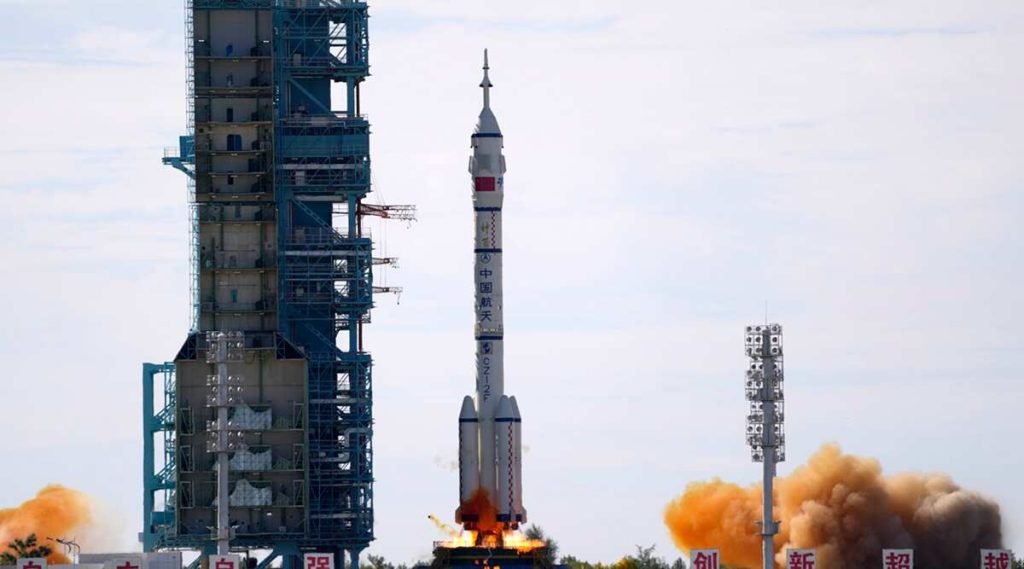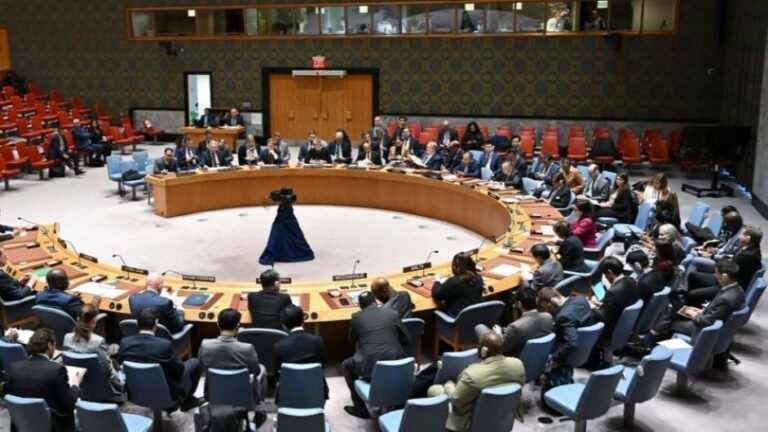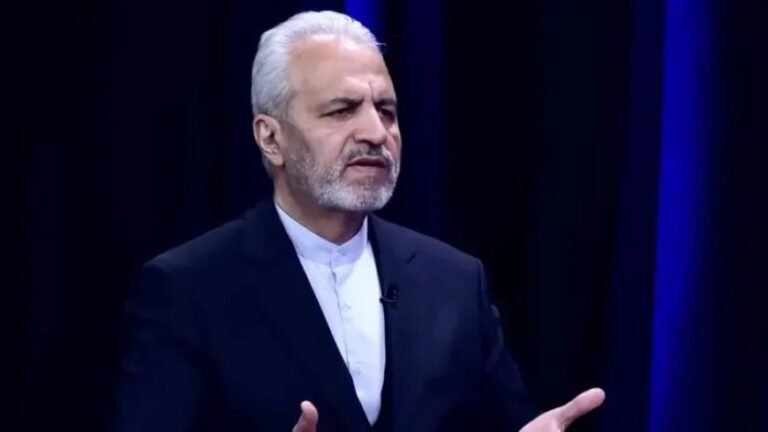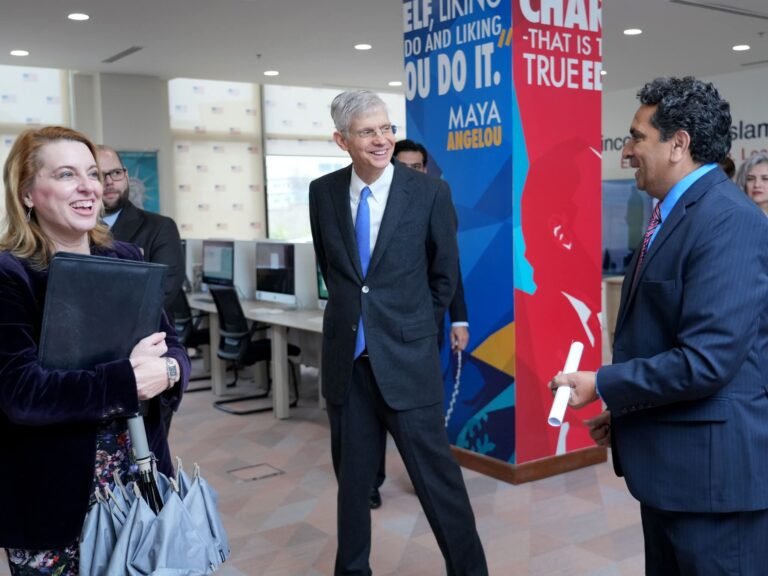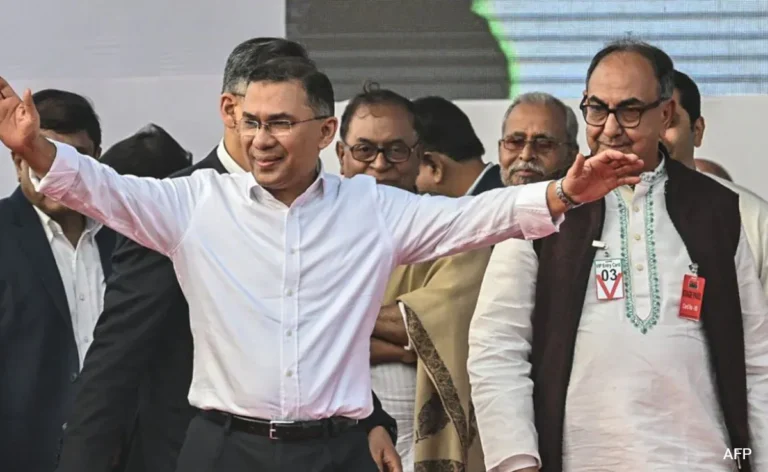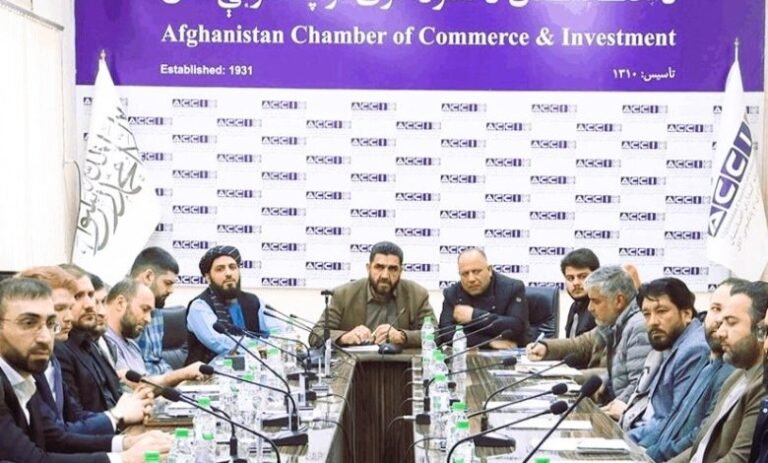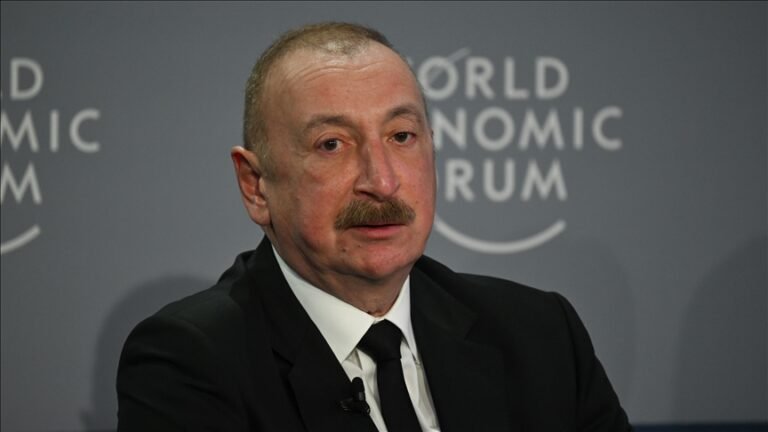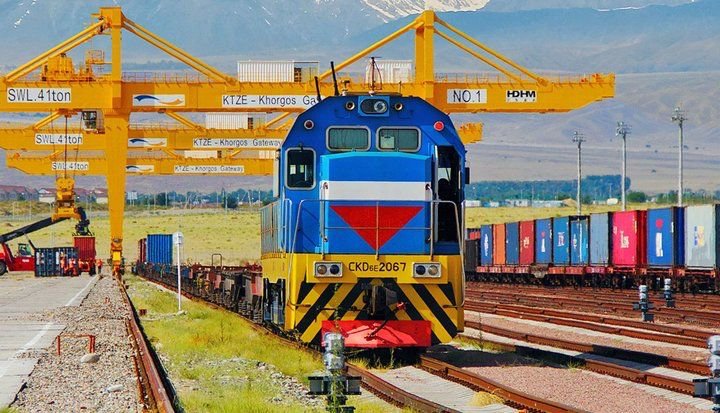Beijing, 27 February 2023 (TDI): The Deputy Chief Planner of China’s Manned Space Programs, Chen Shanguang, stated that China would select and train foreign astronauts to take part in combined flights to China’s Tiangong space station.
Chen Shanguang reiterated that many countries are willing to send their astronauts to Tiangong station and considering that, China has responded with great assertiveness.
Chen Shanguang further stated, “We will soon begin to select candidates from other nations for joint flights to our space station; therefore, they will be able to work with our astronauts to carry out scientific tasks in space.”
In order to make the selection process organized and effective, an initial test would be taken for further evaluation. Once the candidates pass the initial phase, they would come to China for intensive and systematic training regarding statecraft operations.
Also read: China alleges US of violating International Law
Chen Shanguang also highlighted the significance of the initiative. In this vein, he added, “We also hope that the foreign candidates can gain some knowledge about Chinese culture because they will be onboard a Chinese space station.”
Chen suggested the astronauts be proficient in the Chinese language and culture. Along these lines, He reiterated, “The working language on the International Space Station is English. However, the language spoken inside a Chinese station is naturally Chinese.”
He also encouraged foreign candidates to gain knowledge about Chinese culture because the cultural exchanges between foreign and Chinese astronauts will help them with their flight.
Notably, the Chinese Manned Agency had signed agreements with the United Nations (UN) Office for Outer Space Affairs on space station cooperation.
Tiangong is capable of connecting with other nations’ spacecraft that have the same hatch design as that used by the Chinese space station.
Additionally, it enables scientists to use the spacecraft’s unique environment to perform mutation breeding experiments, produce special medicines, and create new materials, thus generating scientific, technological, and economic benefits.

